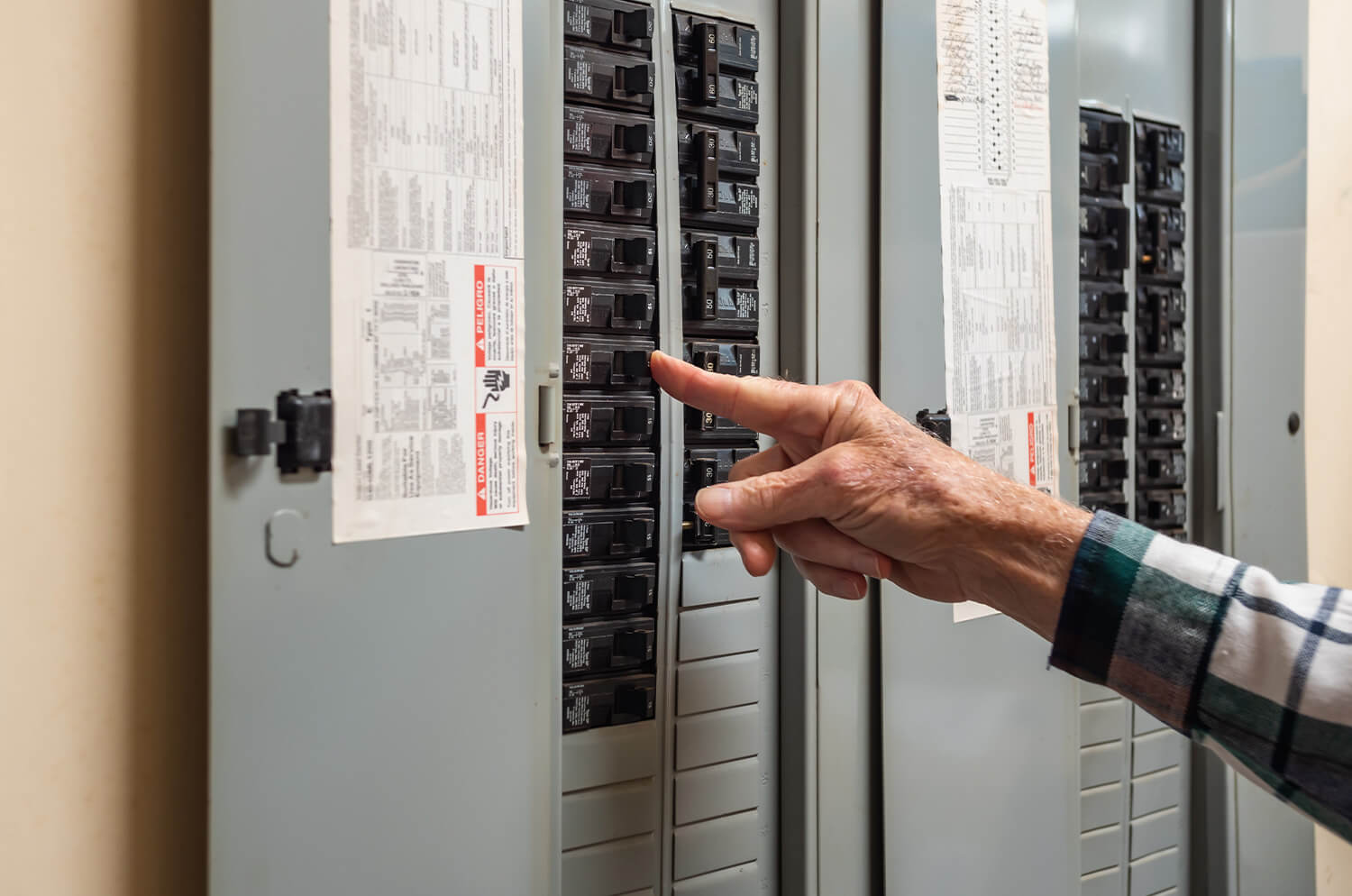Why does it matter what type of electrical system I have in my home?
To understand why it matters, you need to know about a couple of common, but outdated electrical system types most prohibited by insurance companies. Let’s begin with what knob and tube electrical wiring is, how it works, and why it can be concerning to homeowners and insurance companies.
Knob and Tube Wiring and Safety
Knob and tube wiring consists of copper conductors covered with a rubber or saturated cotton sleeve. The wires were passed through joists and walls using ceramic tubes to prevent contact between the cables and the bare wood. They were pulled tight and wrapped around ceramic knobs drilled directly into the home infrastructure. This type of electrical system was prevalent prior to 1940 because it was less expensive to install than other types.
Knob and Tube contain only a live (hot) wire and a neutral return wire, where modern day wiring includes a ground wire. The lack of ground is a significant fire hazard according to the International Association of Certified Home Inspectors. Over time, homeowners may make certain modifications to their homes, like blown in insulation, that actually create a fire hazard when surrounding this type of wiring. Additionally, in the years since this type of electrical system was developed, Americans have become accustomed to the convenience of using many different types of small appliances, all at the same time. Knob and Tube is not designed to withstand the use of so many small appliances being used at the same time so this system is now considered obsolete and a safety hazard.
Federal Pacific Electric Breaker Panels
This brand of electrical system was one of the most common in North America from the 1950s to the 1980s yet has high potential for failure and commonly creates a fire hazard.
These breaker panels have a high potential risk for unexpected failure rates linked to thousands of fires as breakers fail to trip over 50% of the time when an electrical surge is detected. Thus, they are considered defective and unsafe among industry professionals. Home Inspectors commonly urge homeowners to replace these systems.
Most homes require an electrical service of at least 100 amps minimum required by the National Electrical Code (NEC). Square D and Siemens are two of the highest rated electric panel systems and would be approved by insurance companies. These systems are designed specifically per the load requirements of the household to prevent overheating or overloading.
If you have any questions about your current policy or looking for the best homeowners insurance from Orion180, give us a call today.

